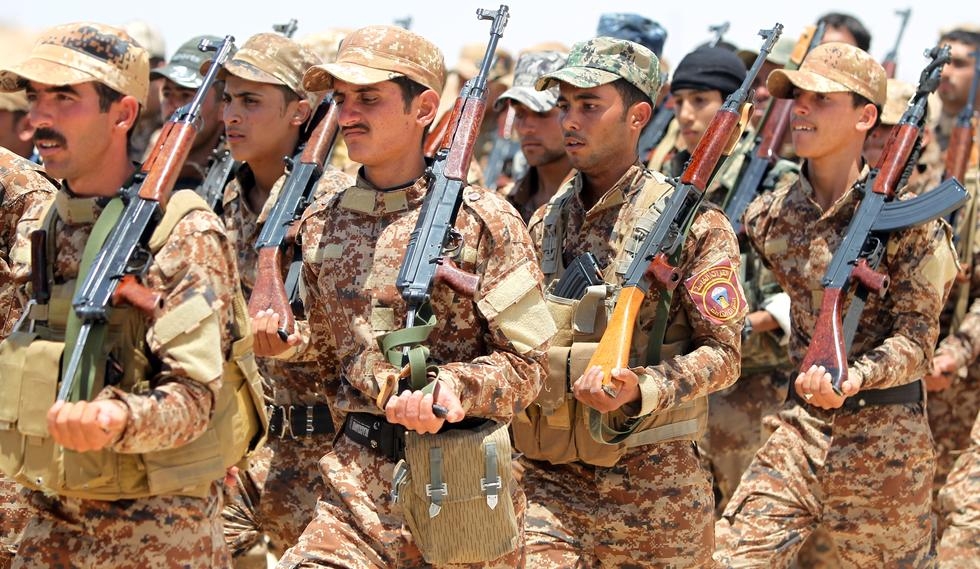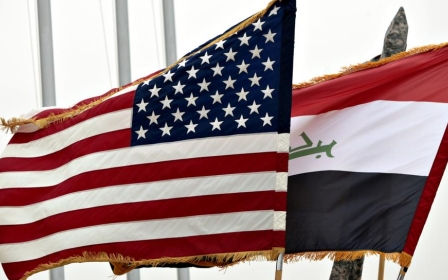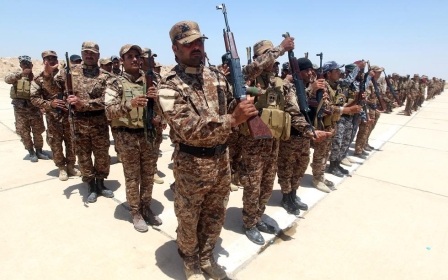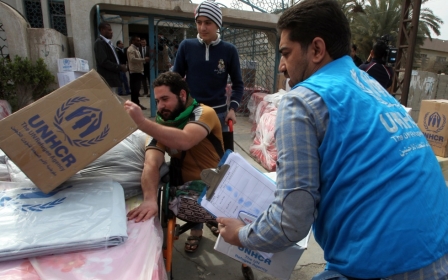Iraq military launches Anbar offensive

Iraqi forces have retaken two villages in Anbar on Monday as part of their operations against the Islamic State (IS) in the western province, security officials said.
The troops were backed by mainly Shia militias during the offensive – which comes two months after Anbar’s capital Ramadi fell to IS.
"The security forces were able to advance and liberate the areas of Albu Shijil and Shiha near Khaldiyah, between Saqlawiya and Ramadi," an army lieutenant colonel said.
He said the operation was made possible by the fact that anti-IS forces had trapped the fighters from the group inside their stronghold of Fallujah, further east.
A top official from the Khaldiyah area, Ibrahim al-Fahdawi, confirmed the liberation of the two villages in the Euphrates Valley.
Iraq's joint operations command announced the launch of "operations to liberate Anbar" at 5am local time, but provided few details.
The joint military statement said the offensive involved the military and special forces, a mainly Shia militia known as Hashd al-Shaabi, or Popular Mobilisation, and local Sunni tribal forces.
Hashd al-Shaabi said its forces were advancing northeast of Fallujah, an IS bastion which has escaped government control since early 2014 and where US troops faced the toughest battles of their eight-year occupation.
Iraqi security forces, Shia militiamen and Sunni tribesmen have been fighting IS around Fallujah and Ramadi for months.
A previous operation to liberate Anbar was announced in the immediate aftermath of the shock capture by the militants of the provincial capital Ramadi in mid-May.
New MEE newsletter: Jerusalem Dispatch
Sign up to get the latest insights and analysis on Israel-Palestine, alongside Turkey Unpacked and other MEE newsletters
Middle East Eye delivers independent and unrivalled coverage and analysis of the Middle East, North Africa and beyond. To learn more about republishing this content and the associated fees, please fill out this form. More about MEE can be found here.




